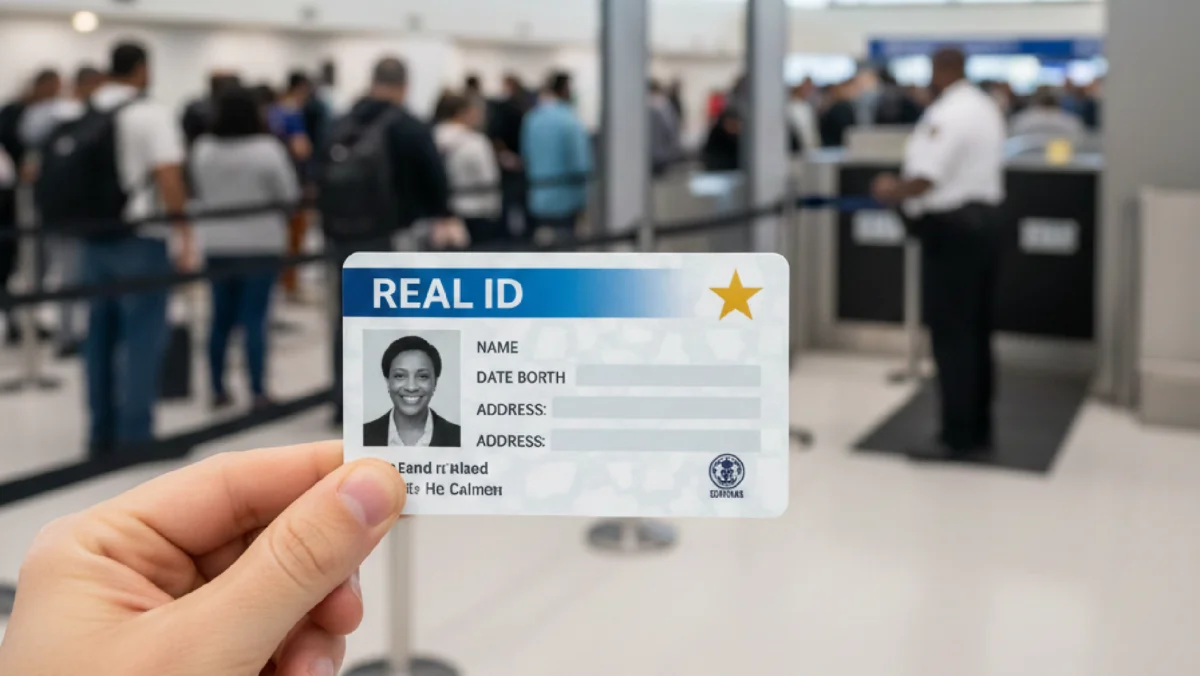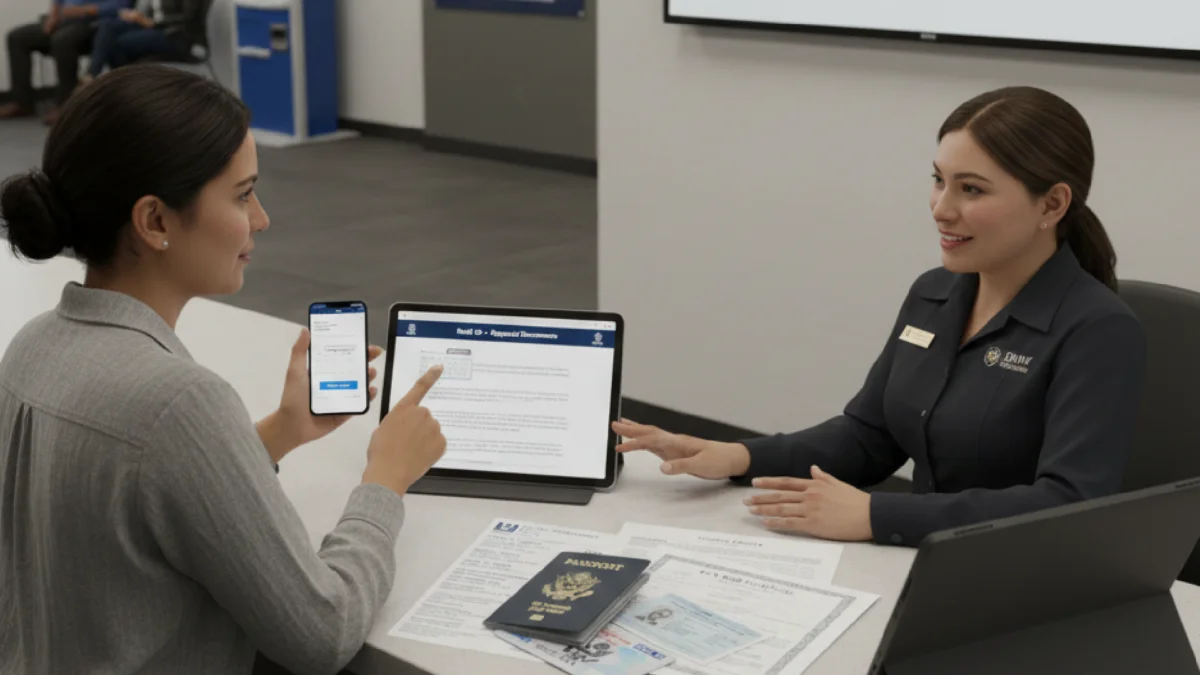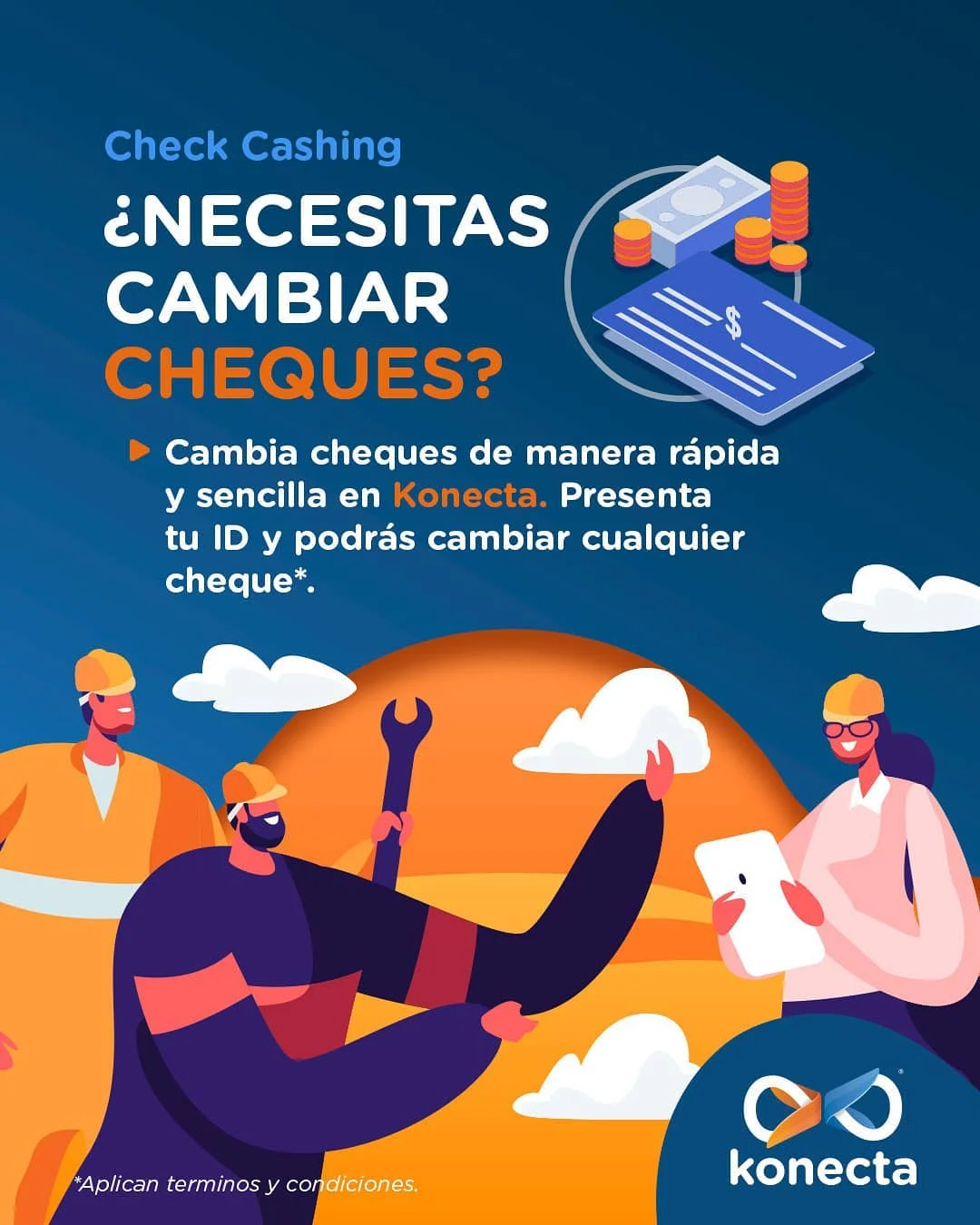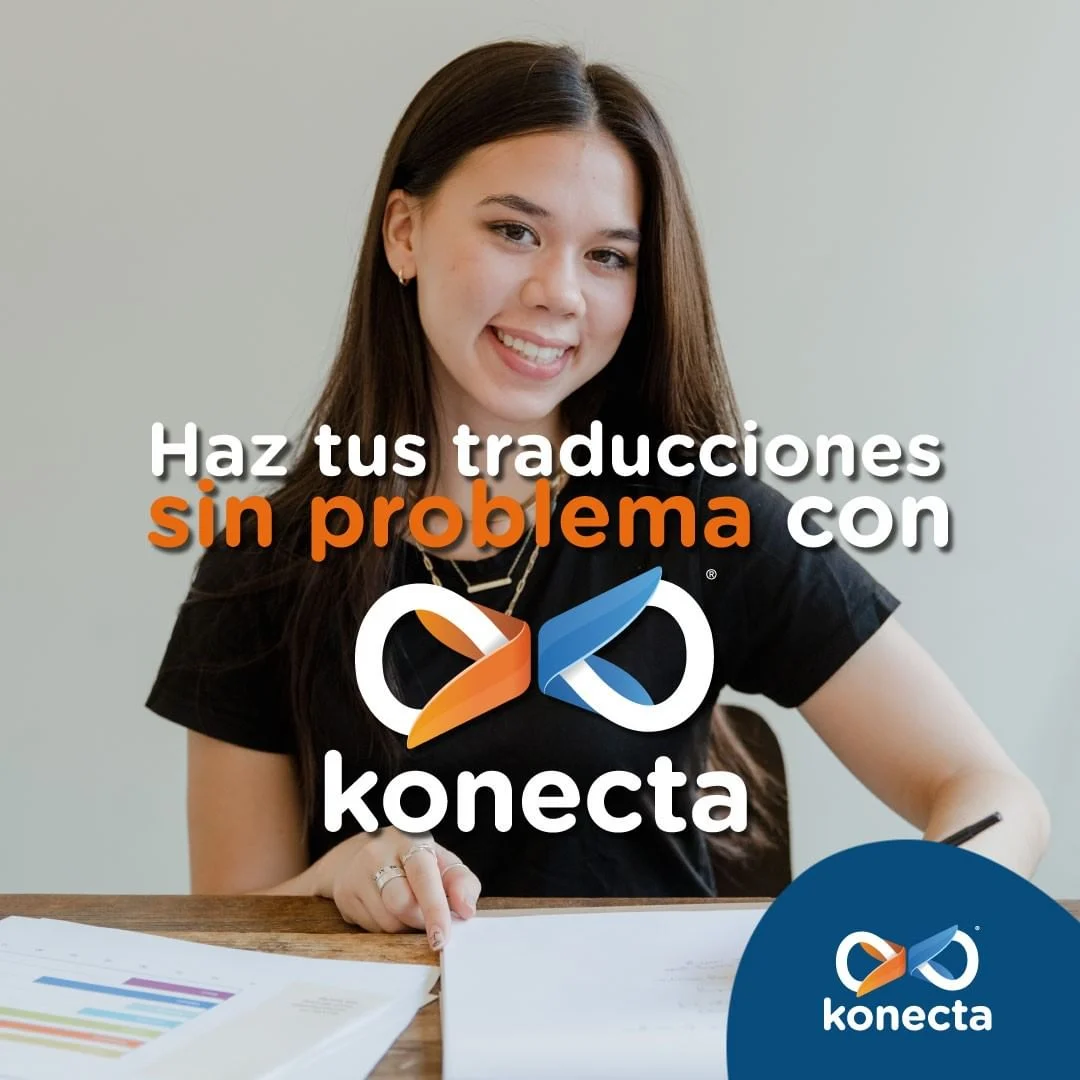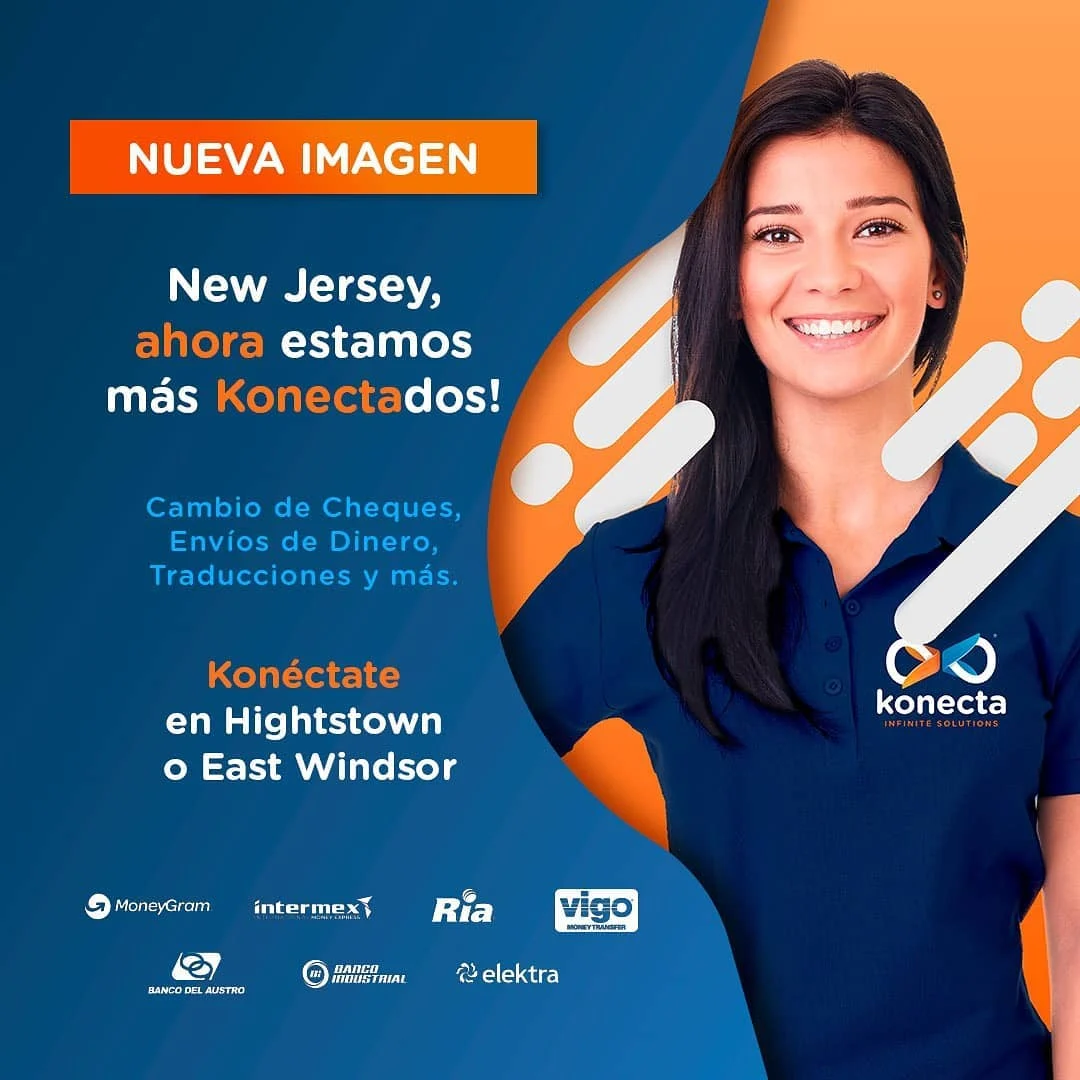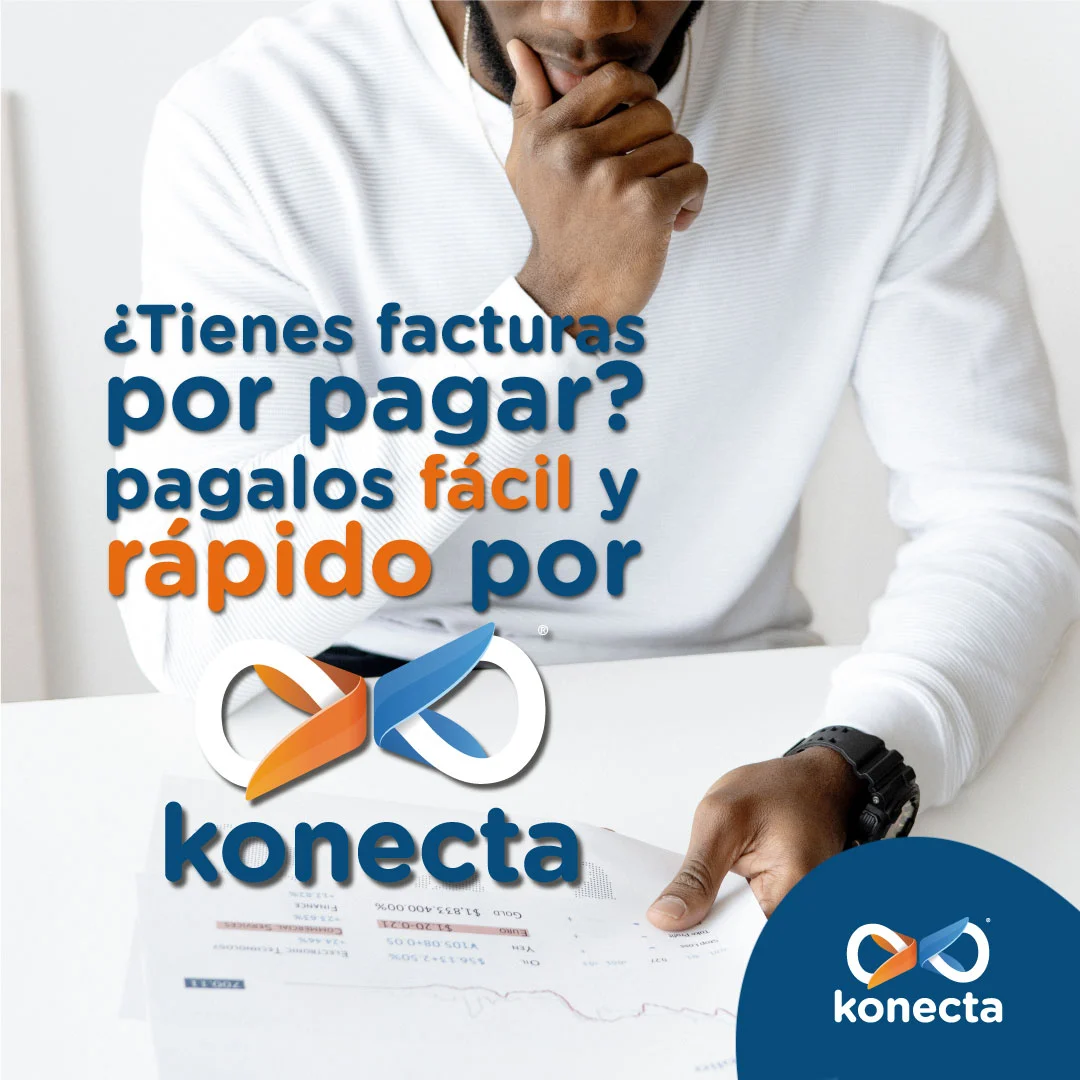Do you know what a notary public does? Learn about their functions, when you might need one, and which documents they can legally certify in the United States.

If you live in the United States, sooner or later you’ll come across documents that need to be signed in front of a notary public. This often causes confusion, especially for those of us from Latin America, where the notary plays a different and broader role.
In this Konecta blog, we’ll clearly explain what a notary public is in the U.S., what their functions are, which documents they can certify, how much it usually costs, and why finding a Spanish-speaking notary public can make the whole process easier and safer.
What Is a Notary Public?
A notary public in the United States is an official authorized by the state to act as an impartial witness to the signing of important documents.
Their role includes:
- Verifying the identity of the signers.
- Confirming they are signing voluntarily.
- Preventing fraud and forgery.
📌 Key Difference with Latin America:
In many Latin American countries, a notary is often a lawyer with authority to draft and approve complex contracts or handle legal proceedings.
In the U.S., a notary public does NOT provide legal advice or draft documents. Their role is strictly to authenticate signatures and copies.
What Documents Can a Notary Public Certify?
A notary public can certify a wide variety of documents, including:
- Powers of Attorney
- Affidavits
- Lease agreements, sales contracts, or private agreements
- Immigration forms (when no legal advice is required)
- Banking and financial documents
- Written testimonies and heir declarations
- Travel consent letters for minors
- Certified copies of original documents
Their seal and signature guarantee that the document is valid and accepted by government and private institutions.

When Do You Need to See a Notary Public?
You may need a notary public in situations such as:
- Buying, selling, or renting property.
- Authorizing someone to act on your behalf with a power of attorney.
- Submitting a sworn statement to a court or institution.
- Allowing a minor to travel outside the country.
- Validating documents for banks, universities, or employers.
Practical Example:
If you’re sending your child to visit a relative outside the U.S., the notary will certify your signature on the travel consent letter to avoid problems at airports or with immigration authorities.
Basic Requirements and Costs
Before visiting a notary public, make sure to bring:
- A valid government-issued ID (passport, driver’s license, etc.).
- The document you need to sign or authenticate.
- In some cases, witnesses (the notary will let you know if they’re needed).
💲 Cost:
Prices vary by state and type of document but are generally affordable between $5 and $15 per notarized signature. Some mobile or specialized services may charge higher fees.
Spanish-Speaking Notary Public: Options for the Latino Community in the U.S.
For Spanish speakers, finding a notary public in Spanish makes the process much easier:
- You can understand every step without confusion.
- It reduces errors when filling out forms.
- It offers confidence and peace of mind when signing important documents.

In New Jersey and other states, Konecta provides access to Spanish-speaking notary publics who understand the needs of the Latino community, making the process faster, clearer, and more secure.
Avoid Fraud: Choose Authorized Notaries
In the Latino community, it’s common for some people to present themselves as “notaries” without a state license. It’s essential to go only to state-authorized notary publics, as only they can legally validate your documents.
The notary public in the United States is a key ally in authenticating important documents, though their role is not the same as in Latin America. Knowing what a notary public is, what they do, how much it costs, and when you need one will save you time and help you avoid legal issues.
If you’re looking for a notary public in Spanish in New Jersey or other areas, Konecta is here to help.

